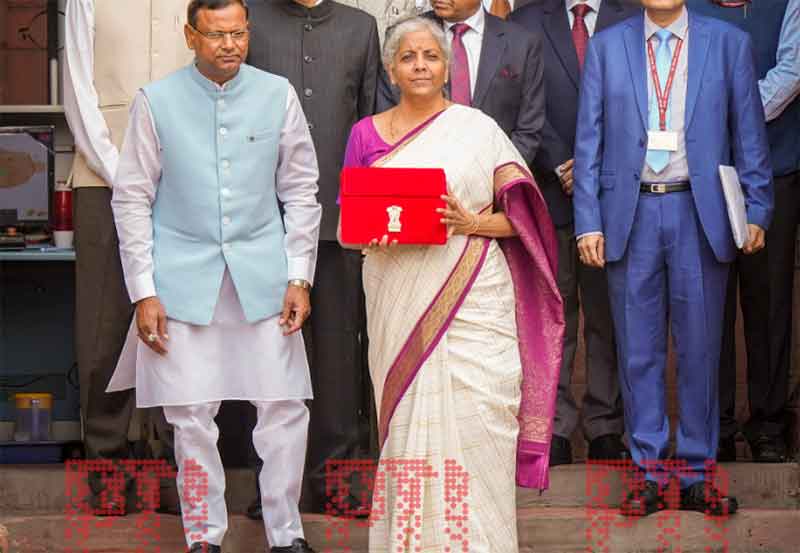
The forthcoming budget should place heavy emphasis on vulnerable groups having the largest percentage of poor and disadvantaged people. These include scheduled castes and scheduled tribes of course but in addition a substantial section of minorities and OBCs, particularly extremely backward castes, nomadic and de-notified tribal communities. Special attention should be given to meeting the priority needs of women and children from poor and vulnerable households, particularly in terms of health, education and nutrition.
Several schemes relating to these poor and vulnerable groups are very well-intentioned but from the point of view of implementing these properly and in the right spirit their allocations have been falling significantly short of the financial commitments that are needed. Perhaps this shortage cannot be overcome in just one budget. However a good beginning will be made if the shortage of existing allocations is at least recognized and accordingly a roadmap is prepared for increasing the allocation in stages over the next three years or so.
While the allocations for these groups with focus on urgent unmet needs must be increased significantly, at the same time another serious concern that should be addressed is that at times even the available funds have not been utilized properly with the actual spending falling fall short of the original allocation (Budget Estimate). This can be easily seen by comparing the original allocation for some of the core, or even some of the ‘core of the core’ or highest priority schemes with the actual spending. The causes should be closely examined and based on this remedial actions should be taken. In addition the tendency for a lot of this spending to get concentrated towards the end of the financial year should be checked and there should be ready availability of funds throughout the year for the most important work. This will also help to ensure that funds are better spent and problems like corruption and somehow hurriedly spending funds without adequate caution are avoided.
The other area of focus should be protection of environment. These allocations have been falling much short of real needs .We can achieve very good results by integrating environmental protection work, including climate change mitigation and adaptation, with reducing some serious problems of weaker sections or enhancing their welfare and opportunities.
In the case of promotion of natural farming, minor irrigation and water conservation among small farmers, all this helps small farmers but also improves environment including climate change mitigation and adaptation. In this context the funds available with the Ministry of Agriculture, Ministry of Rural Development, Ministry of Water, Ministry of Environment can all be pooled to take up a very big program of natural farming, and this can be helped in addition by diverting a significant section of the funds meant for subsidizing chemical fertilizers, pesticides etc. to this program so that farmers improving soil and environment on a durable basis can benefit from these subsidies being used in a different way.
Again in the context of several urban slums which are becoming more and more like heat islands a big greening and water conservation effort will help to improve environment but it will also help the urban poor and working classes. This can be combined with schemes for benefiting certain sections of workers more exposed to extreme heat conditions like construction workers and rag pickers who live in these slums. Hence in these conditions funds from the labor ministry, urban ministry and environment ministry can be pooled together for a really big initiative.
Subscribe to Our Newsletter
Get the latest CounterCurrents updates delivered straight to your inbox.
What is more, in both these cases the funds available under international climate finance can also be included so as to further increase fund availability and ensure that something really big can be achieved on a very significant scale.
Unfortunately due to departmentalized narrow approach such big and integrated efforts have not been possible, but there is no reason why such big efforts cannot be initiated now.
More holistic thinking is really needed, particularly as environment protection is relevant in so many areas. This is all the more necessary in the ministry of rural development and the ministry of agriculture which can become the most creative ministries but have been seen unfortunately in terms of a collection of schemes only. This does not allow a holistic view of rural progress to emerge. So one hopes very sincerely that such constraints and problems can be removed so that apart from increasing the allocations for the most important tasks and priorities, at the same time the limited resources can also be used for much greater and durable achievements.
Bharat Dogra is Honorary Convener, Campaign to Save Earth Now. His recent books include Protecting Earth for Children, Man over Machine and India’s Quest for Sustainable Farming and Healthy Food.











































